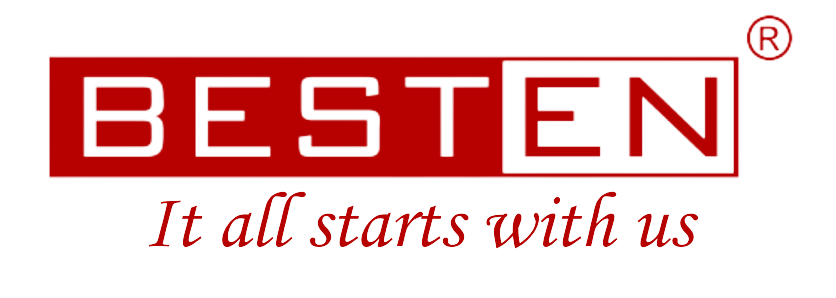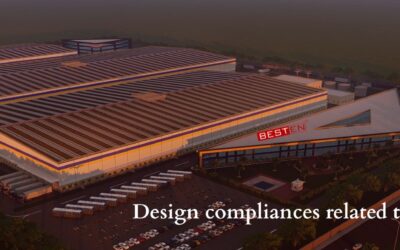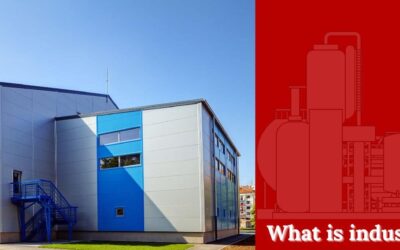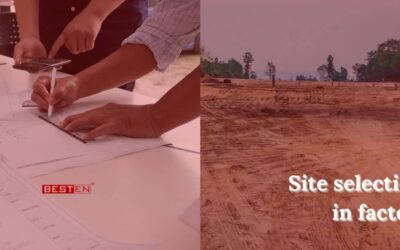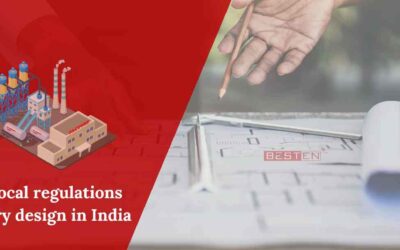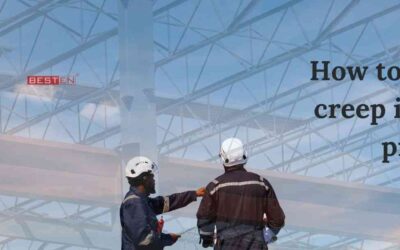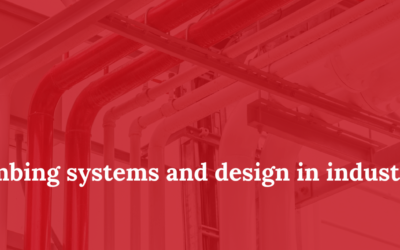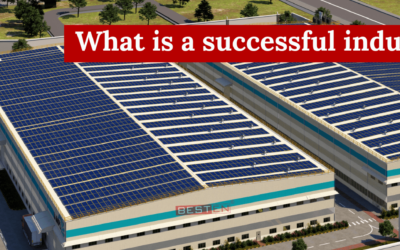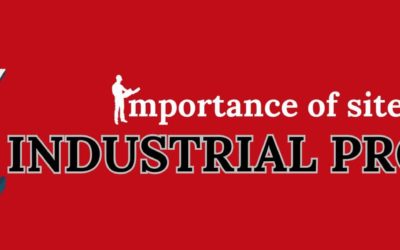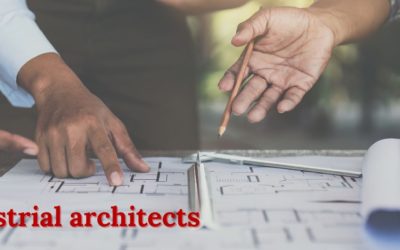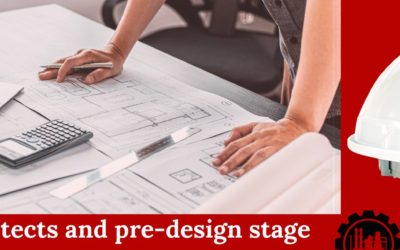What is a technical specification? A technical specification is a detailed, precise document that outlines the technical requirements, standards, and criteria a product, service, or project must meet. It guides the suppliers and the project owners and serves as a...

Design compliances related to workers welfare
Compliance in Indian factories Many compliances in India are related to workforce safety and welfare. The industrial infrastructure architects must ensure that the design is as per the guidelines of the acts. Some of them: 1. Workplace creches: Workplace creches or...
Industrial greenfield projects
What are greenfield projects? Greenfield projects are those that have no previous construction. The land is undeveloped, meaning there is no existing building or structure. Design consultants & architects have the flexibility to design the project with no...
Industrial Project Closeout
What is project close-out? Project closure is the most critical and final stage of a project's life cycle. Design consultants and architects wrap the project along with project management consultants, vendors and contractors. This stage signals the client's takeover...
What is the role of a Client’s Engineer in an industrial project?
Who is a Client's Engineer? The Client's engineer is a person or a team of professionals who act as an intermediary between the Client and the project team. They are also called Owner's Engineers or Owner's representatives. Furthermore, their role depends on the...
Functionality in industrial architecture
What is industrial architecture? Industrial architecture involves creating buildings that cater to the industry's needs. Architects and engineers include factories, warehouses, power plants, distilleries and breweries, refineries, grain silos, steel mills and similar...
Site selection by architects in factory projects
Site selection Architect for factory project often start by selecting and recommending the right location. They help choose a location with accessibility and infrastructure. Factors to consider while selecting a site Some of the factors while selecting a site are as...
Understanding the local regulations for a compliant factory design in India
The architects have a set of guidelines, building codes, and regulations to comply with when working on a compliant factory design. The main purpose of these compliance is to ensure workers' safety and structural integrity and avoid environmental concerns. Codes...
How to avoid scope creep in industrial projects
What is Scope Creep? Scope creep is the increase of the project requirements beyond the initially planned project's scope. Scope creep could includes specification changes at a very late stage or adding new functionalities to the factory design. While it seemingly...
Scope Change Requests in industrial projects
What is a scope change request (SCR)? A Scope Change Request (SCR) is a formal document requesting a modification to the project's agreed-upon scope of work. This request can involve adding, removing, or changing functionalities, specifications, or deliverables. Why...
Plumbing systems and design in industrial facilities
Plumbing and sanitation design plays a critical role in the functionality, safety, and environmental impact of industries. Plumbing consultants ensure for maintaining hygiene, complying with regulations, and ensuring the safety of workers a proper plumbing system is...
What is a successful industrial project?
What is a successful industrial project? Successful industrial project typically involves meeting predefined project goals and criteria within the specified time frame and budget. The meaning of the word success varies depending on the nature and objectives of the...
Importance of site plan in industrial projects
What is a site plan? A site plan for an industrial project is a detailed and comprehensive document prepared by the design consultants that details the layout, arrangement, land utilization, placement of structures and buildings within a specific industrial facility...
Role of industrial architects
The role of architects for industrial clients typically has a mix of both advisory and consulting functions. These roles are closely related but differ in specific focus and responsibilities. Advisory Role of Architects: Architects often provide advisory services to...
Factory architects and pre-design stage
Pre-design is crucial. The pre-design stage in industrial projects is a crucial phase that sets the foundation for the entire project lifecycle. It involves comprehensive planning and analysis by the factory architects to ensure that the project aligns with the...
